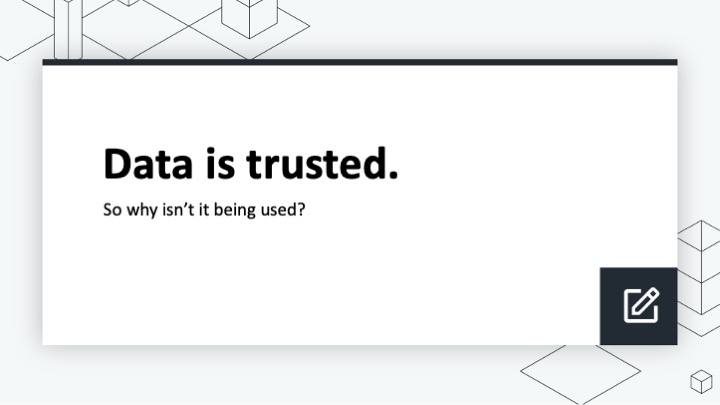As a property management, you’ve likely found trust accounting to be one of the most challenging parts of the job. You’re certainly not alone in feeling this way.
Trust accounting is complicated. It means managing landlord payments, tenant rent, bonds, and supplier invoices while following strict legal rules. The level of detail and responsibility involved can feel overwhelming.
Have you ever thought about why trust accounting often feels so difficult, and also why these struggles are perfectly normal. Understanding this can help you find ways to make the process smoother and more manageable.
Managing other people’s money is a big responsibility
One reason trust accounting feels hard is that it’s about more than just numbers. You’re dealing with landlord payments, tenant rent, security deposits, and payments to contractors. Every dollar must be accounted for properly.
This responsibility carries real weight. Mistakes can cause financial loss or damage your reputation with landlords and tenants. Trust accounting is about building and maintaining that trust, which can feel like a heavy burden.
Compliance with complex property management regulations
Trust accounting in property management is heavily regulated. Different states and territories have laws requiring regular trust account reconciliations, accurate record-keeping, and timely disbursements.
Keeping up with these rules and ensuring compliance can be confusing. Changing regulations and audit requirements add to the pressure. It’s easy to feel uncertain if you’re doing everything correctly.
Manual processes increase risk and workload
Many property managers still use spreadsheets or manual systems for parts of their trust accounting. This can increase the chance of errors and slow down the work.
If payments are not receipted promptly or reconciliations happen only monthly, errors can accumulate and become harder to correct. This leads to stressful catch-up sessions and the risk of non-compliance.
Administrative burden of paperwork and record keeping
Trust accounting requires detailed records of every transaction - tenant rent payments, bond lodgements, landlord disbursements, and more. Organising this paperwork and keeping it accessible adds to the workload.
For busy property managers juggling multiple responsibilities, this paperwork can feel overwhelming and time-consuming.
Why it’s normal to find trust accounting tough - and how to make it easier
Almost every property manager finds trust accounting difficult at some point. It demands precision, attention to detail, and constant vigilance.
Here are some practical ways to reduce the stress:
- Use specialised property management software with trust accounting features to automate receipting, reconciling, and reporting.
- Establish daily or weekly routines to handle trust account transactions in manageable chunks.
- Keep communication clear and consistent with landlords and tenants to avoid misunderstandings.
- Maintain well-organised records to simplify audits and reviews.
- Seek training or support if you’re unsure about compliance or software use.
The bottom line for property managers
Trust accounting is hard work, but it doesn't have to be. Managing landlord payments, tenant rent, and trust accounts properly protects your business and your clients.
You are not alone in finding it challenging. With practice, good systems, and the right tools, it will become a routine part of your property management role - less stressful and more efficient.






.png)